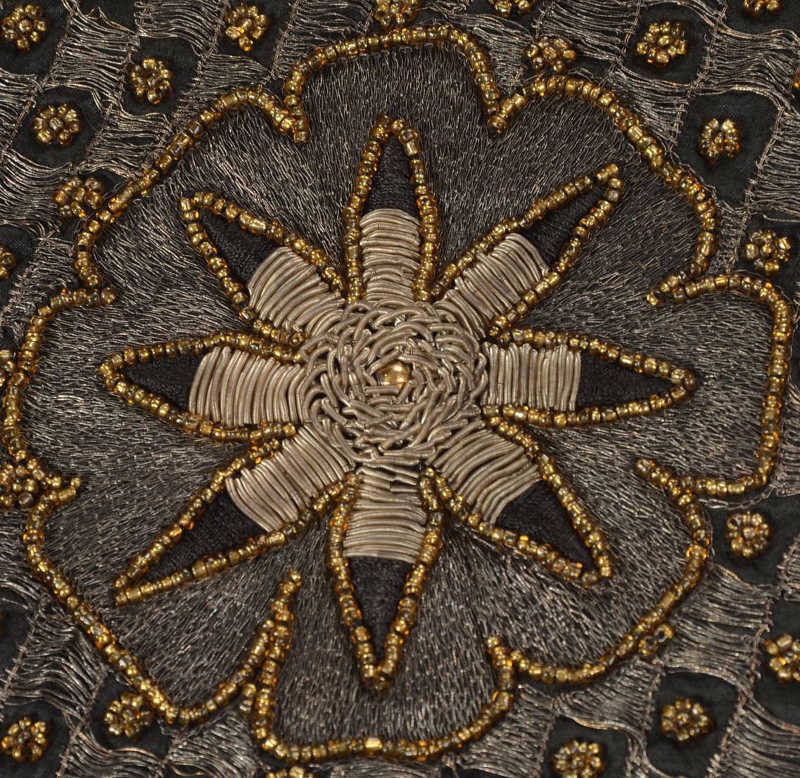===
0482,
3
===

=== |
 |
āgāh : 'Informed or apprized (of), acquainted (with, - se ), privy (to); knowing, informed, intelligent, versed, conversant'. (Platts p.70)
FWP:
SETS == SYMMETRY
MOTIFS
NAMES
TERMS == THEME; WARRANTThe second line is a devastatingly effective example of poetic use of the basic Urdu grammatical feature that I call 'symmetry'-- if one asserts that A=B, then equally and inevitably one asserts that B=A. In the present verse, the equation is between the 'uninformed' person and the 'aware/informed' person, so of course the equation goes both ways.
If the verse is talking about a person who is seemingly (or professedly) 'aware/informed' (2a), then he is the one who is actually 'uninformed'. Because even apart from hypocrisy or self-promotion, ordinary worldly 'knowledge' doesn't get you anywhere when seeking the transcendent or divine.
If the verse is talking about a person who is seemingly 'uninformed' (2b), then he is the one who is actually 'aware/informed'. This is the situation discussed at length by SRF; access to the transcendent/divine is full of paradoxes and mysteries. One hallmark of the true mystic-knower is that he has no pretensions to knowledge.
By no coincidence, both readings work perfectly to explain the despairing tone of the question in the first line.